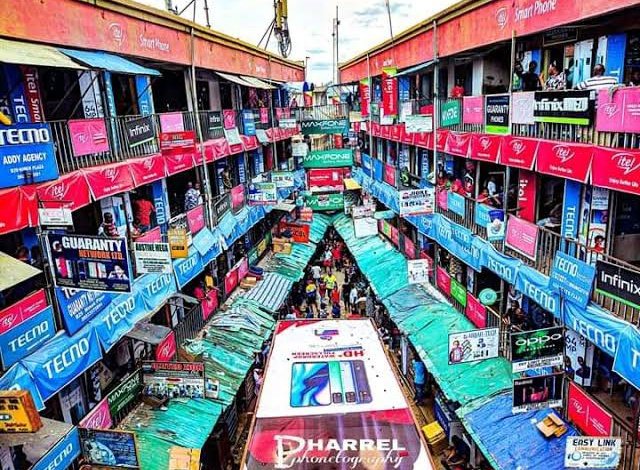The Federal Government announced on Tuesday that no unclean fuel was imported into Nigeria, contradicting a recent statement made by a Dangote Petroleum Refinery executive.
This was disclosed by the federal government during a meeting with the oil marketers and local refiners of crude oil in Abuja, according to The Punch.
The meeting’s participants discussed pricing difficulties for refined products, competition, and the importation of Nigerian-produced items.
At the meeting, oil marketers also emphasized that, while local refineries produced some of the refined products, this would not prevent them from buying from other sources as well as indigenous producers.
Speaking through the Nigerian Midstream and Downstream Petroleum Regulatory Authority in response to claims of dirty fuel importation into Nigeria, the government stated that refined petroleum products with high sulfur content were last imported in February and that the regulator had since addressed the issue.
The Executive Director, Distribution Systems, Storage and Retailing Infrastructure, NMDPRA, Ogbugo Ukoha revealed this to the press after the regulator wrapped up its meeting with oil marketers and local crude oil refiners, which included representatives from Dangote and modular refineries.
“There is no dirty fuel that is being brought into Nigeria,” Ukoha declared when asked to react to the allegations leveled against the NMDPRA by a senior official of the Dangote refinery.
On Monday, Vice President of Oil and Gas at Dangote Industries Limited, Devakumar Edwin, accused the Nigerian Midstream and Downstream Petroleum Regulatory Authority of providing indiscriminate licences to marketers to import unclean refined products into the country.
He had stated that even though Dangote was producing and bringing diesel into the market, complying with the regulations of the Economic Community of West African States, “licences are being issued, in large quantities, to traders who are buying the extremely high sulphur diesel from Russia and dumping it in the Nigerian market.”
Edwin had said, “Since the US, European Union and the United Kingdom imposed a price cap scheme from February 5, 2023, on Russian petroleum products, a large number of vessels are waiting near Togo with Russian ultra-high sulphur diesel and they are being purchased and dumped into the Nigerian market.
“Some of the European countries were so alarmed about the carcinogenic effect of the extra high sulphur diesel being dumped into the Nigerian market that countries like Belgium and the Netherlands imposed a ban on such fuel being exported from its country, into West Africa recently. Sadly, the country is giving import licences for such dirty diesel to be imported into Nigeria when we have more than adequate petroleum refining capacity locally.”
However, in response to this on Tuesday, the Federal Government’s agency stated that it had followed all of the protocols for importing refined petroleum products into Nigeria to stop the flood of unclean fuels.
It further noted that refineries in Nigeria were taking steps to ensure that the refined goods they produced met the regional standards established by ECOWAS.
Ukoha said, “NMDPRA takes very seriously its statutory mandates to ensure that only quality petroleum products are supplied and consumed in Nigeria. A lot of people do not know the backgrounds that I’m to provide now.
“The ECOWAS heads of states in 2020 endorsed a declaration adopting a fuel roadmap that requires that certain products should have as a minimum 50 parts per million litres of sulphur. Whilst it encouraged almost immediate enforcement against imports to comply with standards, the same treaty deferred enforcements for local refiners up to December 31, 2024.
“Now the PIA (Petroleum Industry Act), when it was passed in 2021, section 317 also captured and upheld these ECOWAS treaties. So as an authority, what have we done since we came into being? We started by engendering compliance. We saw a downward trend up to 2022 till December 2023.
“However, in December 2023 and January this year, we noticed a spike in the sulphur contents of products being imported and we again began strong enforcement from February 1. But I am happy to tell Nigerians that up until June, and till now as we speak, the average sulphur content in every AGO that is brought into Nigeria is below the 50ppm position in the law.”
Ukoha stated that the declaration deferred it, adding, “So they continue to produce at a higher level, but we are not very anxious about that because even the new refineries that are coming in have within the design of their plants, the sulphurisation units that will see in the nearest future that sulphur goes down to as low as 10ppm.
“And so I would like to assure Nigerians that this is a mandate that the authority takes very seriously and that we are here to guarantee the wellbeing and health of Nigerians, and there is no dirty fuel that we will encourage to come into Nigeria.”










